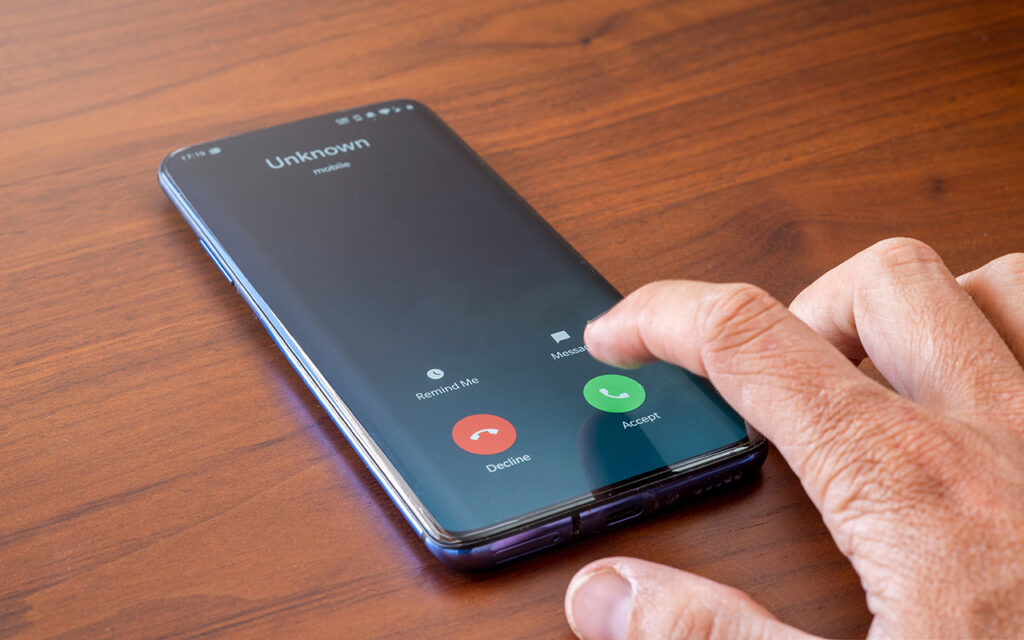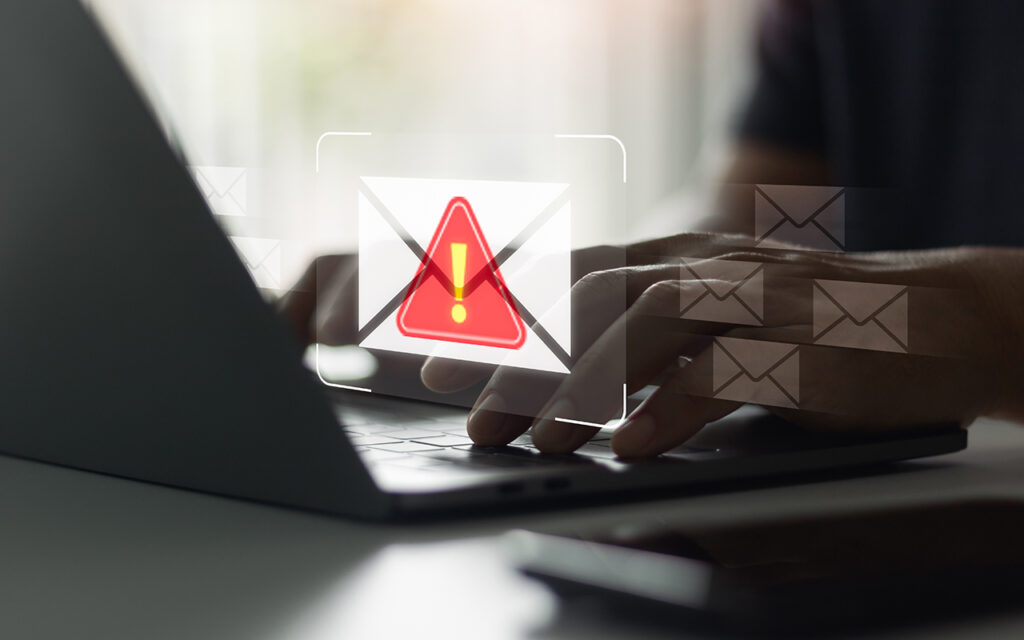It starts with an unexpected phone call or an urgent email. The voice on the other end might sound official, perhaps even authoritative, claiming to be from the Social Security Administration (SSA). They tell you there’s a problem with your account — maybe your benefits have been suspended due to suspicious activity, or there’s an error in your records that must be fixed immediately. Panic sets in. After all, for millions of seniors, Social Security benefits are a lifeline.
But here’s the harsh truth: it’s almost certainly a scam.
The Alarming Rise of Social Security Scams

Scams targeting Social Security recipients are not new, but in recent years, they have become more sophisticated and more frequent. According to the Federal Trade Commission (FTC), complaints about Social Security scams have skyrocketed, with losses totaling over $100 million in just the past year alone.
Cybersecurity expert Dr. Karen Dillard explains, “Scammers know that seniors rely heavily on their benefits. By creating a sense of fear and urgency, they manipulate victims into sharing personal information or sending money.”
These scams often take the form of:
- Phishing emails pretending to be official SSA communications.
- Robocalls threatening arrest if supposed “overdue payments” aren’t made immediately.
- Fake websites designed to capture Social Security numbers and banking details.
The Psychology Behind the Scam
Why do these scams work so well? It all comes down to trust and fear.
Many seniors grew up in an era when government agencies were widely trusted, and official-looking letters or phone calls carried significant weight. Scammers exploit this generational trust, layering their schemes with official-sounding language, fake badge numbers, and even forged documents.
At the same time, threats of losing benefits or being arrested cause immediate panic. “When someone believes their only income source is in jeopardy, they often act before thinking critically,” says Dr. Dillard.
Common Red Flags to Watch For

Spotting a scam can be tricky, but there are several telltale signs:
- Urgent threats or deadlines. The SSA will never demand immediate payment or threaten arrest.
- Requests for payment via gift cards, wire transfers, or cryptocurrency. Legitimate agencies never ask for these.
- Calls from spoofed numbers. Scammers can make it appear as if they’re calling from a legitimate SSA phone number.
- Unsolicited requests for personal information. The SSA typically contacts you by mail first and rarely asks for sensitive information over the phone.
Real-Life Stories: Seniors Share Their Experiences

Nancy, a 72-year-old retiree from Ohio, received a call last year claiming her Social Security number was linked to a crime in Texas. “They told me I would be arrested within the hour if I didn’t confirm my number and bank account details,” she recalls. Terrified, Nancy nearly gave them her information but hung up at the last minute after a friend intervened.
Others haven’t been so lucky. According to the SSA, some victims have lost their entire savings, with some seniors reporting losses of up to $250,000. These heartbreaking stories underscore the importance of awareness and caution.
What the Social Security Administration Wants You to Know

The SSA has issued repeated warnings about these scams. Andrew Saul, former Commissioner of Social Security, emphasized in a public statement: “The Social Security Administration will never threaten you, suspend your number, or demand immediate payment. If someone does, it’s a scam.”
They encourage anyone who receives suspicious communication to hang up or delete the message and report it immediately.
How to Protect Yourself and Your Loved Ones
Education is your first line of defense. Here are practical steps you can take to avoid falling victim:
- Slow down. Scammers thrive on urgency. Take time to verify any unexpected communication.
- Never share personal information over the phone or email. Even if the caller claims to be from the SSA, do not give out your Social Security number, banking details, or passwords.
- Check official sources. If you receive a call, hang up and call the SSA directly at 1-800-772-1213 to verify.
- Be cautious of caller ID. Don’t rely on the number displayed; scammers can spoof legitimate numbers.
- Set up a my Social Security account online. This helps you monitor your records directly and receive official notifications.
- Inform your family. Make sure your loved ones know about these scams so they can also help protect you.
What to Do If You’ve Been Targeted

If you suspect you’ve fallen for a scam or shared information:
- Contact the SSA immediately. Notify them of potential misuse of your Social Security number.
- Report the scam to the FTC. You can do this at reportfraud.ftc.gov.
- Consider a credit freeze or fraud alert. This can help protect your finances and credit from further damage.
- Stay vigilant. Monitor bank statements and credit reports for any suspicious activity.
Final Thoughts: Staying One Step Ahead
As technology advances, so do the tactics of scammers. The best way to protect yourself is to stay informed, share knowledge, and always verify before acting. While Social Security benefits are vital, your personal information and financial security are equally crucial.
By learning to recognize the warning signs and taking simple preventative measures, you can keep your hard-earned benefits — and your peace of mind — safe from those who would exploit them.